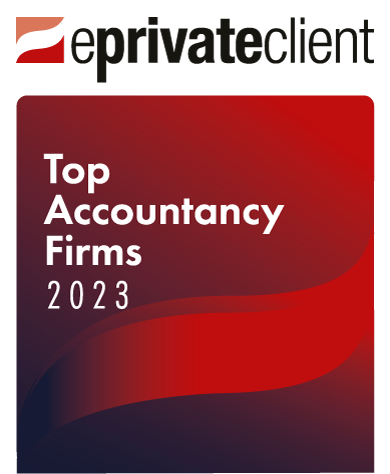“Spotlights” is an HM Revenue & Customs’ initiative to warn the public about what they perceive the be questionable tax planning arrangements that are available as tools to potentially avoidance UK taxes.
Spotlights have been published periodically by HMRC to assist the public in understanding and identifying the types of tax planning arrangements which HMRC are likely to challenge. HMRC do this both by providing taxpayers with some help to distinguish between what they perceive to be “artificial tax avoidance” arrangements and ordinary “sensible” tax planning. Usually HMRC describe specific tax planning arrangement they think the public should be wary of, with a brief description of the arrangement.
Set out below are a number of the tax planning arrangements that HMRC are currently warning taxpayers to be wary of. HMRC are increasingly vocal in their dislike of tax avoidance arrangements and warn that they will seek to challenge a taxpayer’s self assessment tax returns should they encounter these arrangements being used.
The main arrangements, involving income tax, that HMRC have been covering in their Spotlight announcements to date are set out below:
- Contractor loan schemes;
- Disguised remuneration schemes;
- Umbrella schemes that seek to increase your net pay;
Historically you could argue that HMRC had their hands tied behind their back to some extent, although this has changed significantly in the last 6 years to the extent you could argue it is now the taxpayer who has both their hands and legs tied!
Effective from July 2013 we have a General Anti-Abuse Rule (GAAR), which has sought to outlaw tax new avoidance arrangements by denying tax relief where there is an underlying tax motive. This was further bolstered in Finance Act 2016 with the introduction of counteraction notices which can include up to 60% in penalties of the counteracted tax.
Whilst the GAAR sought to deal with new arrangements, HMRC have a significant backlog of tax planning arrangements that had been disclosed previously. It has been widely reported that it could take over 40 years to deal with the litigation on these matters alone. HMRC were granted further powers in 2014 which allowed them to issue Accelerated Payment Notices to the users of these arrangements. These powers allow HMRC to promptly collect the disputed tax from taxpayers whilst the litigation carries on. Previously taxpayers enjoyed the cashflow benefit until such time as the litigation was concluded in HMRC's favour. In October 2018, HMRC's published list shows over 1,200 separate schemes that users of which should expect to receive Accelerated Payment Notices.
HMRC are increasingly aggressive and proactive when it comes to tax avoidance, dressing it up as a “immoral” and an “anti-social activity”, in an half-hearted effort to dissuade taxpayers from mitigating their income tax liability. In reality tax avoidance has not been illegal (tax evasion on the other hand is) and it goes on everyday in various forms. In fact, many of the MPs who purport to passionately dislike tax avoidance can (and probably do) take advantage of ISAs, EIS and other methods of legitimate tax avoidance to reduce their exposure to UK taxes.
Tax Planning can be effective but is not for the fainthearted or those not properly advised. Through our professional relationships, the Tax Advisory Partnership can provide advice on tax planning, restructuring and tax incentivised investments. These cover all taxes including income tax, capital gains tax, stamp duty land tax, inheritance tax etc.





